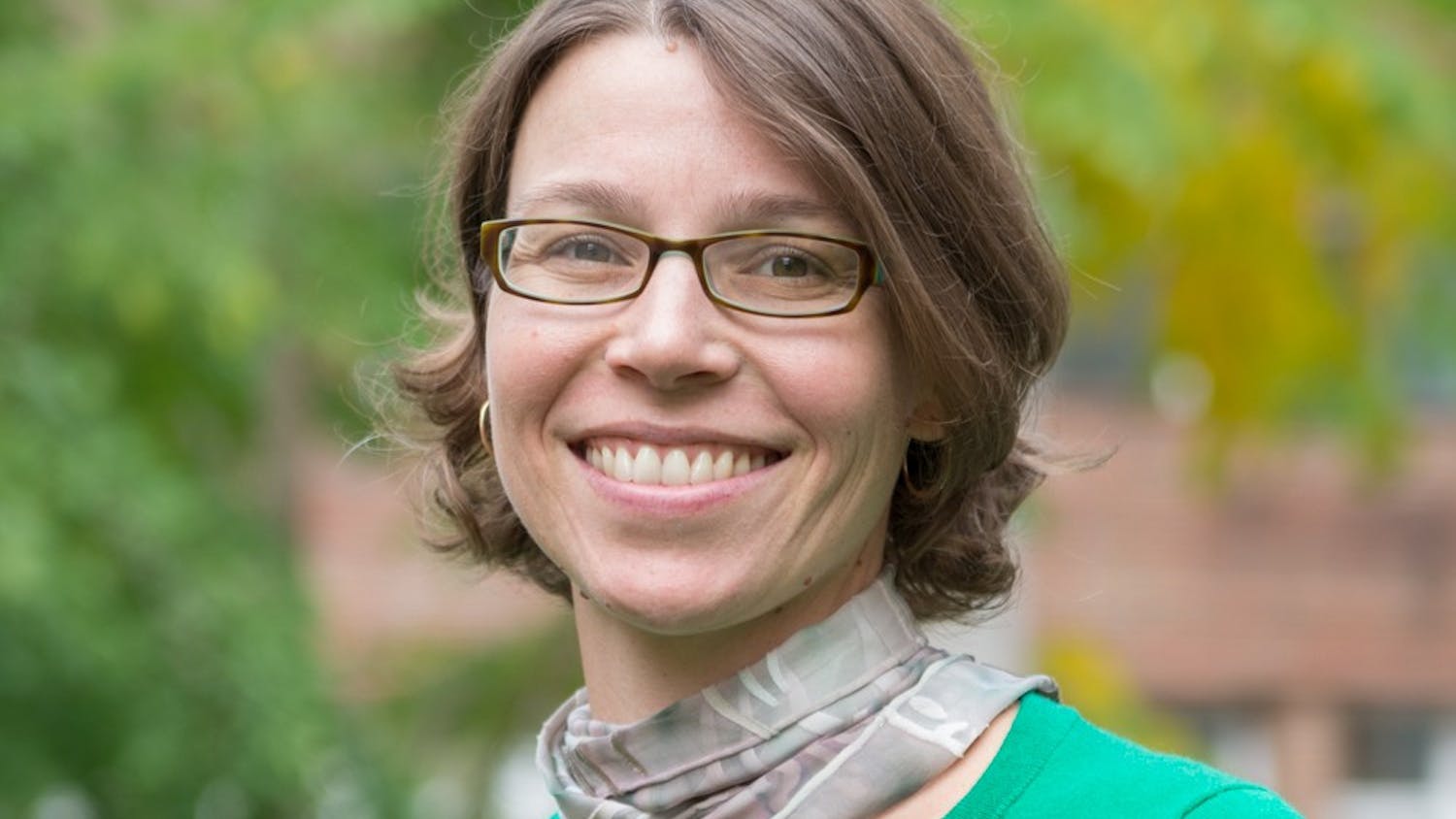Police brutality against the Black community has spiked in visibility over the past week. In reaction to these events, many people I follow on social media have been expressing their horror at the blatant transgressions of basic civil rights. All over social media, one finds reposts of Instagram stories, words of solidarity, the #BLM hashtag and links to donations for organizations such as the Minnesota Freedom Fund. The topic has taken online platforms by storm, and people are rightfully angry. We want to educate each other, and we want to spread the word that Black lives matter because the world has missed that message by a huge mark, time and time again.
However, in addition to posts, donations and even protests, non-Black people of color must reflect on their own day-to-day privileges and power.
Personally, I am in a position to comment on the anti-Blackness that I’ve witnessed growing up within my own East-Asian communities. I’ve seen my older family members make racist jokes or disbelieve the stories and struggles of Black people. Some of my Asian peers cherry-pick aspects of Black culture that appeal to them — dreadlocks, rap and music, urban street style and makeup, to name just a few — culturally appropriating and disrespecting heritage and ownership of culture.
Much of the Asian American community detests affirmative action and co-opts the rhetoric and language of discrimination against Black Americans to claim that the measure is “racist” against Asians. Meanwhile, the Asian American community paints itself as a victim in order to selfishly benefit from affirmative action, which is purposed to ameliorate the institutional inequality of Blacks and other minorities. And the community ignores the ways in which we benefit from Whiteness and fails to question the White system that creates such division and inequity in the first place.
These are generalizations that do not apply to everyone in the Asian and Asian American community, but they do reflect things that I’ve witnessed firsthand. It’s messy, ugly and uncomfortable, and these are occurrences we must seriously reflect on.
Given that anti-Asian sentiment has risen due to the coronavirus, it is more important now than ever to understand that while racism may exist for multiple communities, it operates differently for each community — and these differences are crucial. For Asian Americans, society has created a “model minority” myth. This model proposes that Asian Americans are the "successful" minority because of culture, education, hard work, etc., and it is used as a point of comparison for other minority communities. However, this narrative dismisses the long, complicated history of race relations in America, ignores two centuries of institutionalized and systematic enslavement and dehumanization of Black Americans and neglects that Asian immigrants were gradually treated with more respect over time and given more opportunities that helped propel their growth. Needless to say, the discrimination and historically built inequities between the two groups are not the same, and yet comparison becomes the tactic that is used to denigrate Black and other minority communities.
The sad fact is, much of the Asian American community also buys into this myth. Older members and parents in particular struggle to understand why other minorities can’t just “help themselves” as they believe they themselves have done, thus driving a racial wedge between Asians and Blacks.
Given Asian Americans’ unique position in society, it’s important to ask ourselves: “What are the specific ways we are discriminated against, but also, what are the ways we benefit more than others?” and “How can I use the power granted to me by the system to support others against whom the system works unfairly?” I only have authority to speak for the Asian and Asian American communities to which I belong, but these questions should be prompted by all outsiders hoping to support Black Lives Matter. If we want to truly support the Black community, it will take more than just expressing shock at police brutality. It will require more than just reposting. It will require even more than just donating dollars and going to protests. True solidarity comes from recognizing a few similarities but also key differences in your experiences and then acting based on your awareness of these differences in privilege, using the very privilege you have to make change. It means recognizing the way we personally benefit from the system and coming to the difficult acknowledgement that as an actor in this society in which anti-Blackness has been engrained, we are all guilty of being racist.
This is not meant to be a column that promotes a paralyzing guilt but instead, one that encourages a recognition of your power and to then take responsibility. Recognizing one’s own power is a never-ending process. As anti-Blackness has become so ingrained and entrenched into American culture, it is difficult at times to see where and how it manifests and to personally divest oneself from it. I make mistakes time and time again where I don’t recognize my privilege until after questioning it. And I will inevitably continue to make mistakes as I learn. But this reflection is sorely needed. Reflecting on one’s own privileges will bring about the change in how we treat others day-to-day when the media isn’t there to report it, when we don’t have the luxury of hindsight, when our own friends and family partake in it, when society rewards you for silence and complicity. In addition to the protests and donations, introspection, evaluation and personal action will bring about the sustainable change we need to be anti-racist when anti-Blackness is no longer “trending” on Instagram but still operating in our institutions, our culture and our society.


